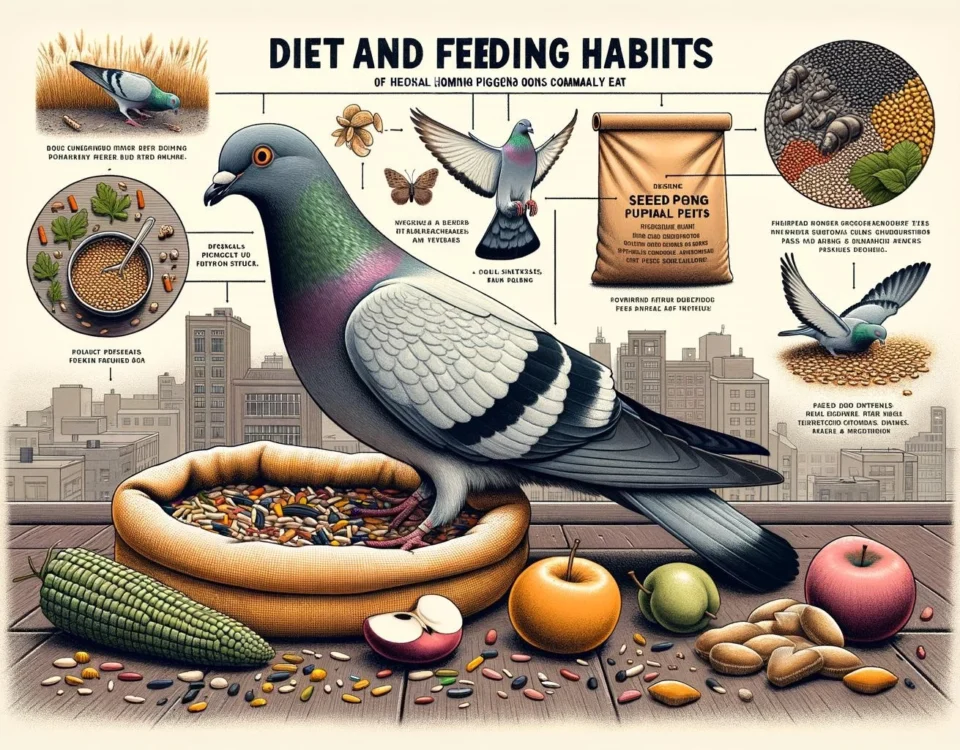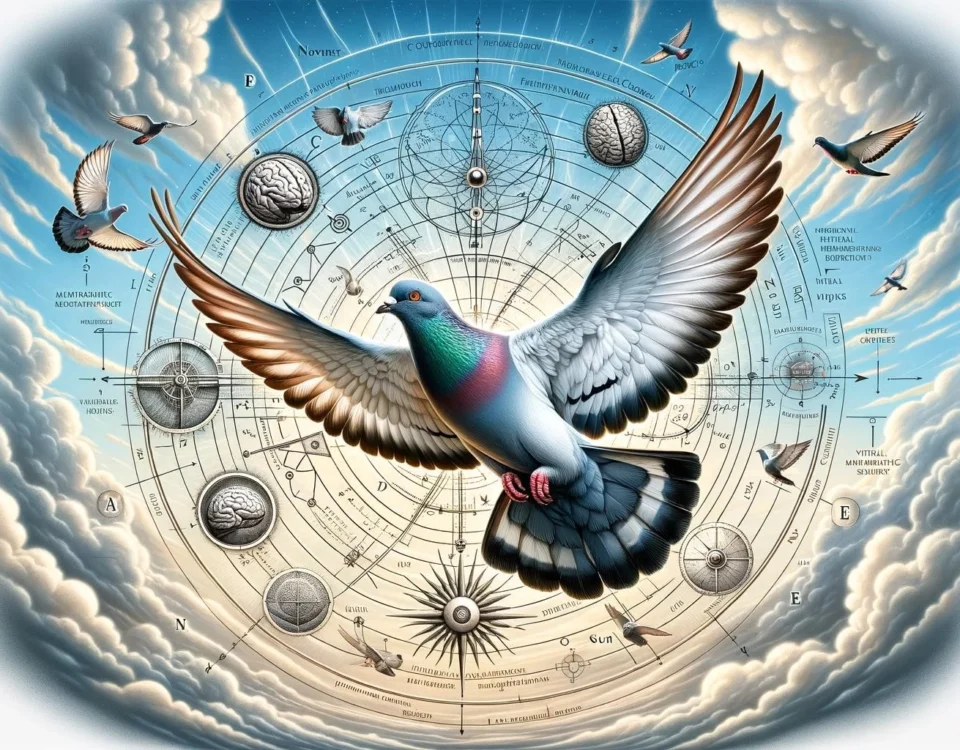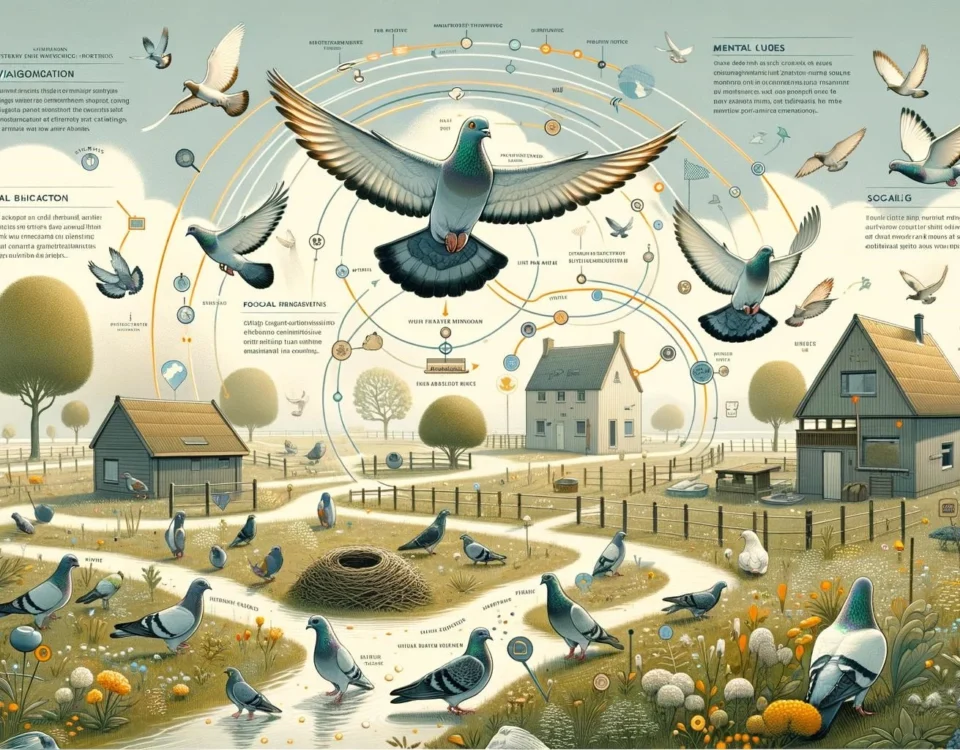Homing pigeons have a long and fascinating history intertwined with mythology and folklore. These remarkable birds, known for their ability to navigate over long distances and find their way back to their lofts, have captured the imagination of people throughout the ages. In various cultures and mythologies, homing pigeons have been associated with gods, goddesses, and various symbolic meanings. Let’s explore the role of homing pigeons in mythology in more detail.
Key Takeaways
- Homing pigeons have been associated with gods and goddesses in different mythologies.
- In Greek mythology, pigeons were often connected to the goddess of love, Aphrodite.
- They have been regarded as messengers and symbols of peace, love, and communication.
- Their homing abilities made them valuable in delivering messages in ancient times.
Pigeons in Greek Mythology
In Greek mythology, pigeons held a significant place and were often associated with gods and goddesses. One prominent connection is with Aphrodite, the goddess of love, beauty, and fertility. Pigeons or doves were one of the symbols attributed to her. Aphrodite is frequently depicted with these birds, symbolizing their connection to love and sensuality.
The association between Aphrodite and pigeons can be seen in various artworks and sculptures from ancient Greece. It is believed that pigeons were considered sacred to Aphrodite because of their beauty and grace, aligning with the goddess’s attributes.
Pigeons as Messengers and Symbols of Peace
Pigeons have long been recognized for their ability to find their way back home over long distances. This natural homing instinct made them valuable messengers in ancient times when communication was not as advanced as it is today. Because of their reliability and trustworthy nature, pigeons were trusted to carry important messages between people.
Not only were pigeons used as practical messengers, but they also gained symbolic significance in various cultures. They were seen as symbols of peace, love, and communication. The act of releasing pigeons to carry messages during times of conflict or to mark significant events has been a tradition in different parts of the world.
In addition to their association with Aphrodite, pigeons were also connected to other gods and goddesses in different mythologies. For example, in Hinduism, pigeons are believed to be associated with Saraswati, the goddess of knowledge, music, and arts. In Buddhism, pigeons symbolize peace, purity, and the Holy Spirit.
Pigeons in Cultural and Historical Context
Throughout history, pigeons have played a crucial role in communication, especially during times of war or exploration. Pigeons were extensively used as carrier pigeons by armies and governments to relay messages in times of conflict. During World War I, for example, homing pigeons were used as a method of maintaining contact with sympathizers and resistance movements in enemy-occupied territories.
Even earlier in history, pigeons were used as messengers, as seen in the biblical story of Noah. According to the account, Noah released a pigeon from the ark to determine if the floodwaters had receded.
Overall, homing pigeons have significant cultural, historical, and mythological significance. Their homing abilities, beauty, and gentle nature have made them powerful symbols of love, peace, and communication in various mythologies and cultures around the world.









